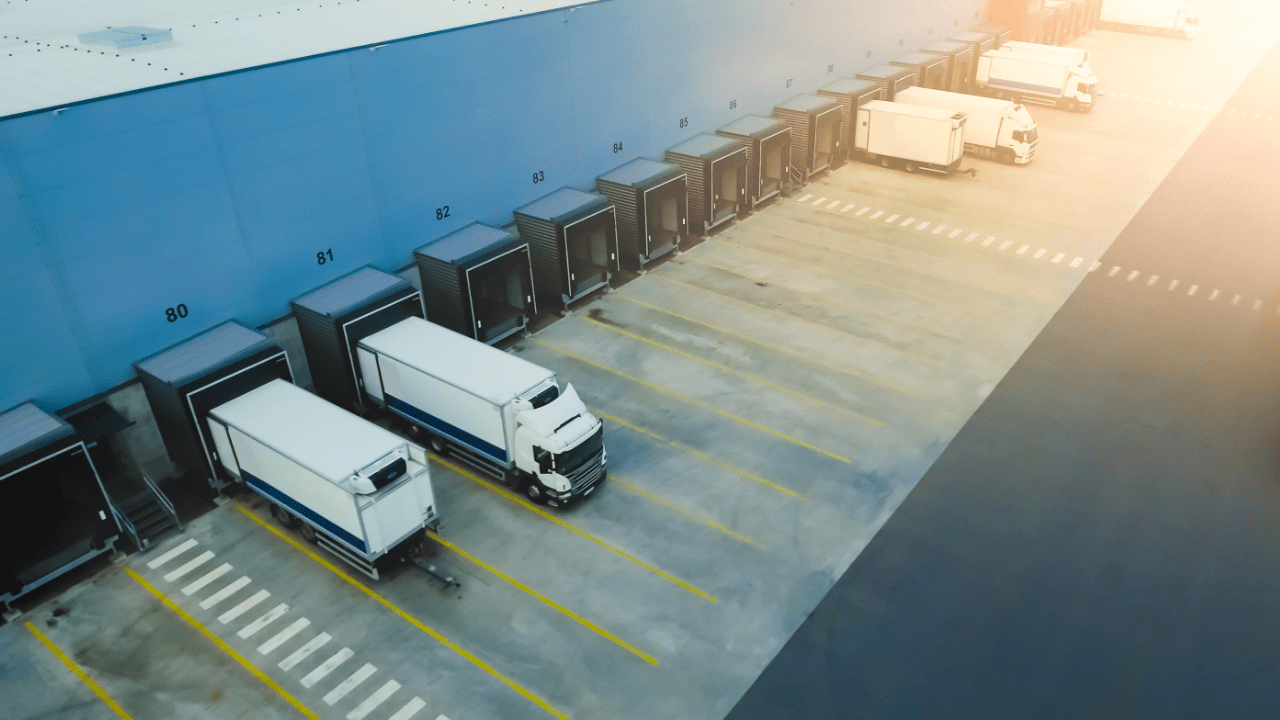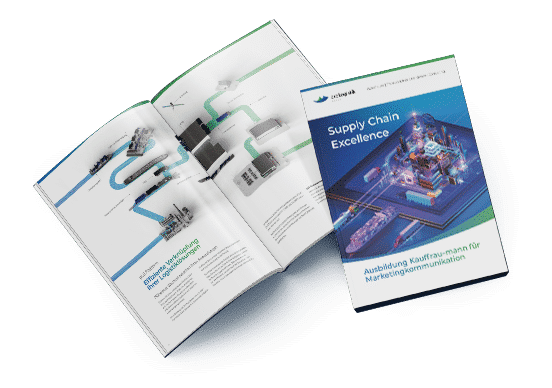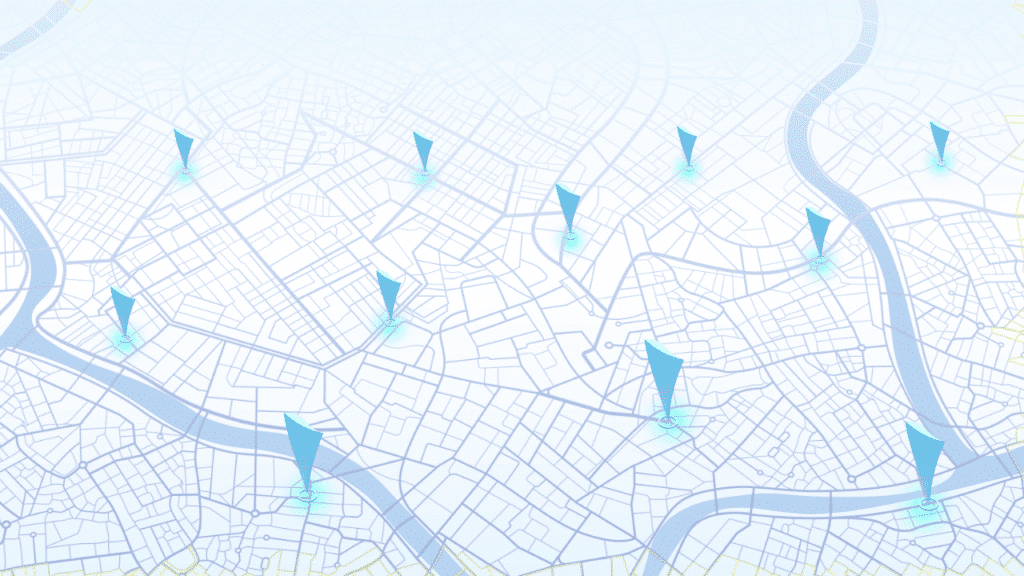pLG Route Optimization Software

4 % less transportation costs, distance and CO₂ – plus 2 % faster
AI-generated scheduling processesThe pLG Route Optimization IT system considers the individual cost structure plus other framework conditions for each vehicle and replaces standard navigation specifications with cost-efficient routes.
In addition, the system compares actual routes with planned routes and analyzes deviations so that the reasons for these deviations can be eliminated for subsequent journeys. In this way, freight carriers save a good eight percent on empty, load and detour kilometers, and CO₂ and transportation costs accordingly.
- Individually cost-optimized route per vehicle
- Takes all relevant vehicle and route data into account
- Variable speed profiles per route section
- Prioritization of path, time or cost savings
- Seamless route transfer to any navigation system
- Integration of subcontractor vehicles
Functions
- Optimizes the route for each vehicle according to the route profile
- Takes into account all cost-relevant parameters
- Comparison and analysis of actual and target route
- Reports on a variety of KPIs such as CO₂ consumption
The cost-optimized route for each vehicle
While standard navigation systems prefer to route via motorways, Route Optimization takes individual factors for each vehicle into account. E.g., daily rates or consumption and wear, personnel and break costs, Europe-wide toll and tunnel costs and many other parameters can be included in the route calculation. The system also takes vehicle restrictions such as width, height or weight into account. Route Optimization can be activated or deactivated for each tour as required.
The algorithm merges all data, even from different systems, into one application, including live traffic or telematics data. Even dispatcher knowledge acquired over many years can be easily stored. The result: a highly efficient optimization of routes that reduces the number of empty, load and detour kilometers, saves CO2 and, in particular, drastically cuts costs.
Target/actual analysis for continuous optimization
After the transportation, the integrated route analysis compares the planned routes with the actual data in order to identify reasons for detours and continuously optimize routes. In this way, the system learns and continuously optimizes future journeys. This makes the system a flexible tool for efficient route planning incl. cost control.
Intuitive operation and visualization for a quick overview
The system is simple and intuitive to operate: The route calculated for each vehicle is automatically transferred to the respective navigation system. The dispatcher can see at a glance whether the optimized route is being used. In addition to the visualization of the optimized target routes, a wide range of filter options can also be used to display live actual routes or comparisons with standard navigation specifications, for example. pLG Route Optimization can be used in combination with any transportation management system (TMS) and any telematics system.
Takes all relevant vehicle and route data into account
All cost factors, such as toll stations or tunnel costs (including time dependencies) are stored in the system. The entry of current road closures or the release of ferry connections also further optimizes the routing.


Variable speed profiles per route section
In addition, pLG Route Optimization can also access manually stored speed profiles or data from past trips from the telematics system for each route section and for each time of day. This becomes relevant, for example, if significantly lower speeds than the prescribed speed limits are to be expected on a section of road at certain times.
Prioritization of path, time or cost savings
Based on the diverse and individually adjustable parameters, the system calculates the best route depending on the customer’s priorities – either prioritized according to distance, time or cost savings. Due to the low average highway speed of a truck of 67 km/h, federal roads, for example, are real alternatives for route finding in many cases.


Automatic route transfer to any navigation system
pLG Route Optimization can be used in combination with any Transport Management System (TMS) and any telematics system. It automatically transmits the individually calculated route for each vehicle to the respective navigation system.
Easy integration of subcontractor vehicles
If customers work with subcontractors, cost-optimized routes can also be easily created for them. A web portal, which can also be made available to subcontractors on a rights-controlled basis, also enables them to monitor, control and analyze optimized routes. In a very pragmatic way, the system also offers the option of setting up credit note procedures for subcontractors.


An english version of our proLogistik Group image brochure.
We will be happy to advise you on our products
We are here for you.Give us a call or send us a message. We look forward to welcoming you.
proLogistik Holding GmbH
Fallgatter 1
44369 Dortmund
Tel.: +49 (0) 231 5194-0
Tel.: +41 (0) 44 200 40-00
Tél.: +33 (0) 251 81 85 85
proLogistik Holding GmbH
Fallgatter 1
44369 Dortmund
Tel.: +49 (0) 231 5194-0
Tel.: +41 (0) 44 200 40-00
Tél.: +33 (0) 251 81 85 85

